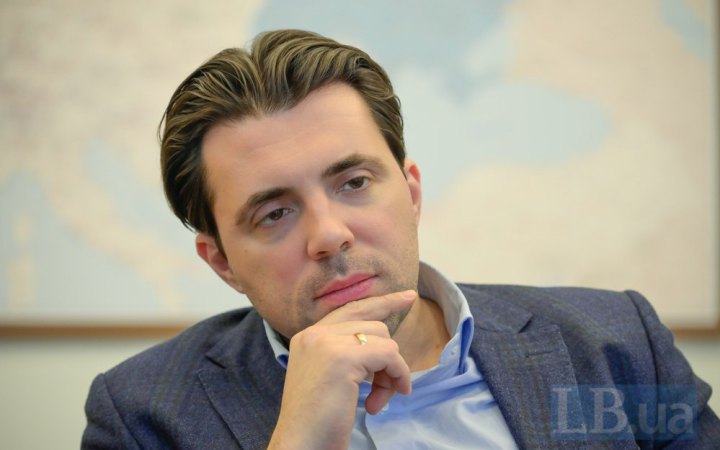Why have there been electricity shortages in recent weeks? Are the true reasons the consequences of last year's attacks and not new Russian attacks?
The main reason for the shortages is the lack of generating capacity at those power plants that were severely damaged by the Russians last year. It is impossible to restore 100% of the capacity in a few months. There is also a direct link between lower temperatures in winter and increased consumption. By the way, the opposite is true in summer - the hotter it is outside, the higher the consumption. So, this is a chronic problem of the power system due to the shelling and the loss of a large number of powerful power plants in the temporarily occupied territories. The solution to the problem for this heating season is to speed up the repairs of those power units that can be repaired quickly and put them back into operation. This is what is being done now.
And the second is to import electricity from Europe. Let me remind you that last heating season we could import 500 MW. This is half of a nuclear power unit. And now it is 1700 MW. This capacity is equivalent to the operation of a nuclear unit and several units of a thermal power plant. And this is the capacity that can fully meet our needs and cover the deficit. And with a good margin. Therefore, repair of power units and imports are two-thirds of the recipe that will allow us to balance the power system.
But why is Ukraine forced to ask its neighbours for emergency assistance instead of imports?
Imported electricity can only enter Ukraine if the price per kilowatt in Europe is lower than in Ukraine. This is an obvious economic reason. Ukrenergo is not an importer. We are a power system operator and provide a physical opportunity to receive these imports through our network. But importers are private and state-owned companies, traders. And for them to buy electricity from the EU, there must be appropriate price signals.
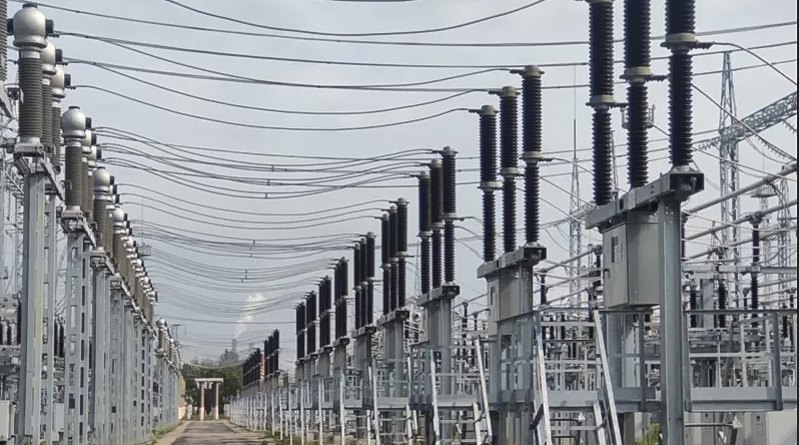
When you import, there are always risks. For example, at what price will you buy this electricity in Romania, and what will be the price in Ukraine at certain hours. So even if this price spread (margin - LB.ua) exists today, will it be there tomorrow? Outdated legislation and the fact that several players in the Ukrainian market have concentrated a fairly large share of generation in their hands. But also a fairly large share of consumption at the same time. All of this means that the price on the Ukrainian market can be set according to the strategy these players choose. Either they will play high or low. And smaller market players will simply watch this situation. Because they simply will not have any decisive influence. Therefore, these risks of concentration of market power literally in the hands of three companies or groups, and possible concerted actions between them, create an additional risk. It also means that importers may decide not to buy electricity abroad. Because they may suffer losses.
You are speaking very diplomatically: "coordinated actions are possible", but it looks like a conspiracy. Doesn't it?
To put it another way, this conspiracy must be established by someone. We have a regulator - the NEURC. The Commission is empowered to both counteract market manipulation and ensure a transparent competitive environment. We are not the only country with large market players. For example, in France, where there is EDF, which produces more than 70% of the country's electricity. So the issue is regulation - the rules of the game in the market.
Do price caps [maximum marginal prices on the electricity market for the day ahead] limit the volume of imports? The National Energy and Utilities Regulatory Commission (NEURC) has already raised them twice, how did it help?
Price is the main reason. But we need to understand an important thing. If the price of electricity in Ukraine is €102, and in the EU, for example, it is €100, then this €2 margin in the conditions I have already described may not be a sufficient reward for the importer. It is enough for them to cover all their costs. We need to reduce regulatory pressure. Why are we talking about synchronising the legislation of Ukraine and European countries? If we have the same rules as in Europe, then imports can go ahead in a much larger number of cases than now.

Another reason for the shortages is the increase in electricity consumption. How much has it increased?
The growth is very significant. I'll remind you that on this day last year, in some places we had power cuts for half a day. Now there are no blackouts. Last year, the power plants were damaged and could not cover the full winter consumption. The enemy also regularly damaged our backbone infrastructure, which had to be repaired very quickly. In fact, the shelling of the power system caused the blackouts. This autumn and in December, we have been experiencing generation shortages only periodically. That is why we take this emergency aid. If we had sufficient imports, we would not have had any problems with the balance until now.
Have our neighbours ever refused to provide us with emergency assistance?
This happens from time to time. This is the main reason why we have been sounding the alarm since June, consistently emphasising the need to import electricity from Europe. The fact is that emergency assistance is what is requested for the next hour of delivery. That is, it is actually the amount of capacity that should be available in the power systems of neighbouring countries right now. And the main thing is that they can share it now. These are the power plants that they can have in operation and can quickly gain additional capacity. It is clear that they may not have such "extra" or surplus electricity.
But if we were to use imports, Ukrainian market participants would order a certain amount of electricity a month in advance. And European power plants would generate this electricity as planned. But we may well face a situation where there is simply no additional capacity for us. Therefore, emergency assistance is not a guaranteed means of balancing the power system. It's good that we have agreements with all our neighbours, and when one country refuses, we can take this emergency aid from another. But there have already been cases when we wanted to attract a certain amount of emergency aid, but attracted a slightly smaller one.
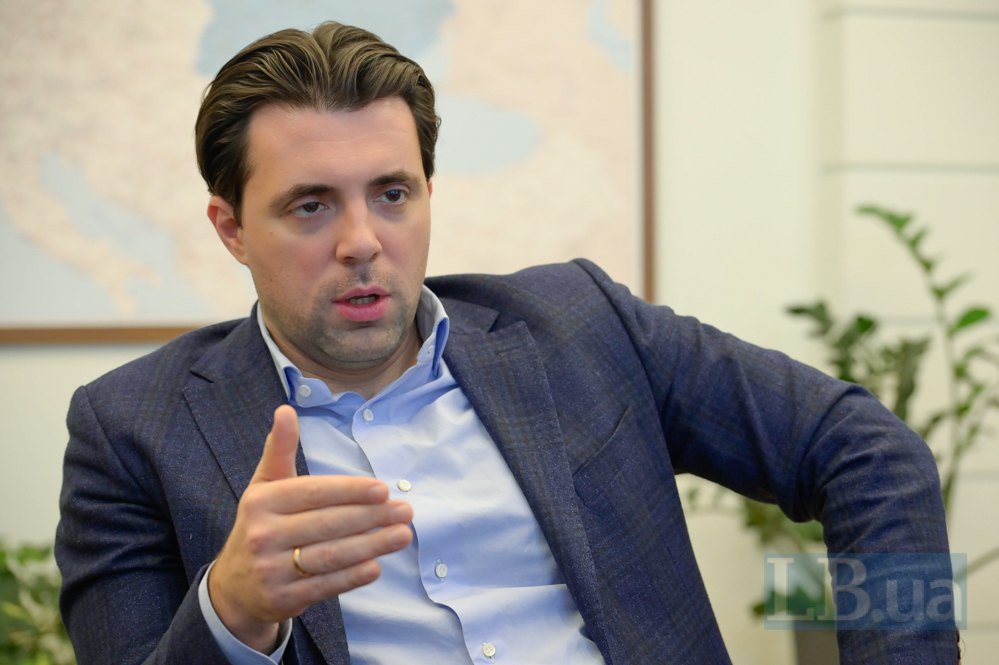
Can we ask for help only from our immediate neighbours or also from other EU countries?
We have a multilateral agreement on the provision of emergency assistance in general between the European power system operators united in ENTSO-E. Theoretically, we can take emergency assistance from e.g. Germany or the Czech Republic or other European countries. But it will be much more expensive.
Most Ukrainians learn about electricity shortages post factum. Is Ukrenergo considering the idea of creating a special app, like the one that notifies of an air threat?
We have been working on it for some time. At the same time, we provide a summary of the power system’s state on our official social media pages in the morning. There, we warn in advance that a shortage is expected today and ask people to use electrical appliances sparingly on that day. It is important to note that this applies not only to household consumers but also to businesses. We are also thinking about adding such announcements to a popular app. It's a bit more complicated to get such alerts to come to a specific consumer's phone.
British intelligence is sure: Russia has launched a "more concerted" campaign of attacks on Ukraine's energy sector. We are once again experiencing missile attacks that have not happened for 80 days, massive drone raids and attempts to hit Kyiv with ballistic missiles. How much has the situation with the protection of facilities changed over the year?
This can be clearly understood by simply comparing the situation now and last year. Then there were power cuts, now there are none. We can say a lot of words about how heroic everyone was in preparation. And it is true. And we really did a lot. The presence of light in our homes is the result of this preparation.
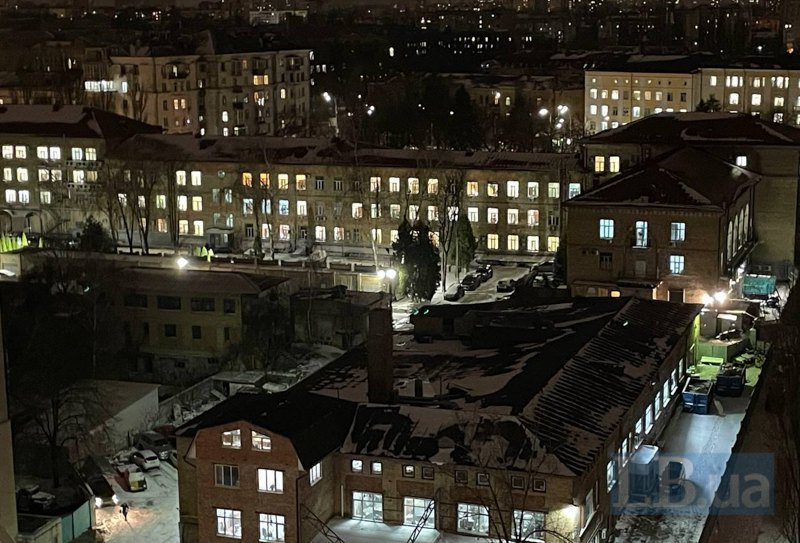
According to Prime Minister’s advisor Yuriy Boyko, Ukraine does not have sufficient coal reserves. Could this lead to an electricity shortage?
Indeed, I would like to see more coal coming to the power plants. But you also see what happens with the periodic shelling of various mines. I can't say that the situation with coal is perfect, but I won't give you any specific figures. This is classified information. However, our coal-fired thermal power plants have the ability to run on gas as a backup fuel. If there is a shortage of coal at some point, the plants can switch to natural gas. The other thing is that it is much more expensive. Moreover, this means that we must have additional volumes of natural gas intended for combustion to generate electricity. In general, I do not see such an acute problem with fuel if we are talking about a combination of these two sources - coal and gas.
Debts to Ukrenergo amount to UAH 60 billion. Who are the main debtors and how does this affect the operations of the NPC? Does this situation have an impact on the industry as a whole?
Approximately half of the debts are from the so-called balancing market. "Ukrenergo buys electricity from producers and sells it to consumers. And they do not pay for this electricity. And formally, they owe money to Ukrenergo. That is, we act as an intermediary. As a result, these 30 billion do not reach the power plant, which makes it very difficult for them to repair power units, prepare for the season, and accumulate fuel reserves. This requires money. So there is a whole chain of events - the consumer does not pay us, Ukrenergo cannot pay the power plants.
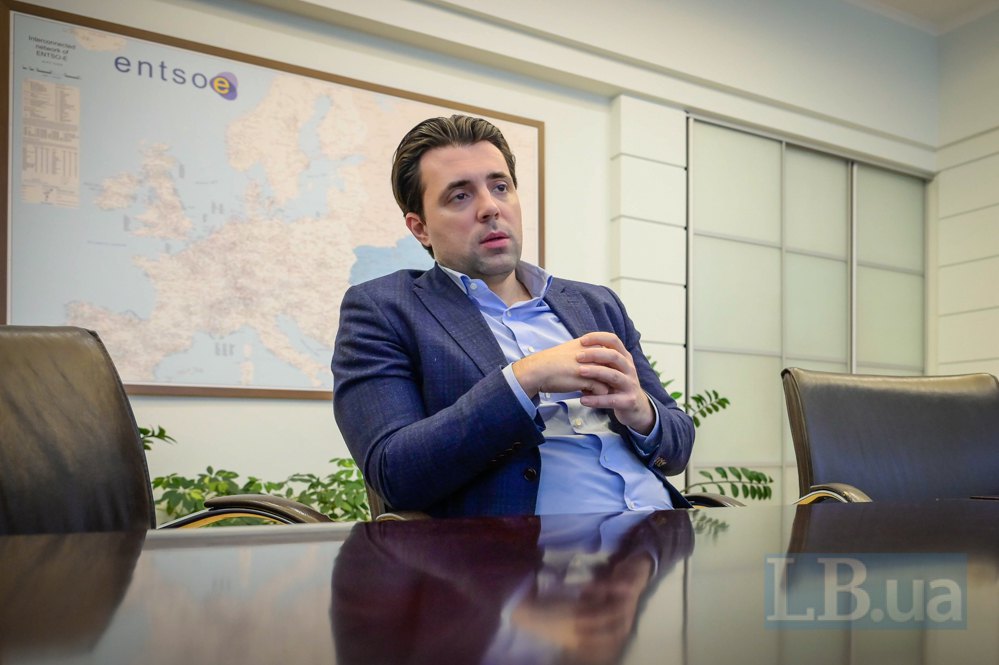
Doesn't the simple logic work: whoever doesn't pay will be cut off?
No, because disconnection of these consumers was prohibited until recently. At the beginning of the invasion, the regional military administrations identified a list of critical consumers. At that time, there was no time to work out the detailed criteria. And it so happened that the lists included dubious objects. Like hotels. Or some other enterprises that obviously do not produce heat or supply water to the population and business. That is, they are not critical infrastructure. There is a rather motley list of such enterprises on the list. Now this order of the Ministry of Energy has been cancelled, and these companies have lost their "armour" against blackouts. They will be disconnected, and this process will be painful. But you have to pay for the electricity you consume. There is a clear correlation in the market between timely payment of bills and how many power units we have in operation.
To clarify: was it just that the documents did not clearly state the criteria for which companies could be included in the list of critical consumers? Were there any manipulations on the spot?
It's difficult for me to judge exactly where and at what level this problem crept in. But it did exist. And it's good that these lists have now been cancelled. We will propose to create new lists. They will include only those companies that really should not be disconnected under any circumstances. Because this can lead to serious consequences, whether man-made, environmental or social. For example, water supply or district heating systems in large cities. But even these protected consumers should have clear obligations to pay for the electricity they consume. At least in the amounts they can afford. They cannot avoid paying simply because they are on the list of critical facilities. Therefore, we need mechanisms to control the income of such enterprises. To make sure that these revenues are primarily used to pay taxes, salaries to employees and electricity. And only secondarily for all other needs.
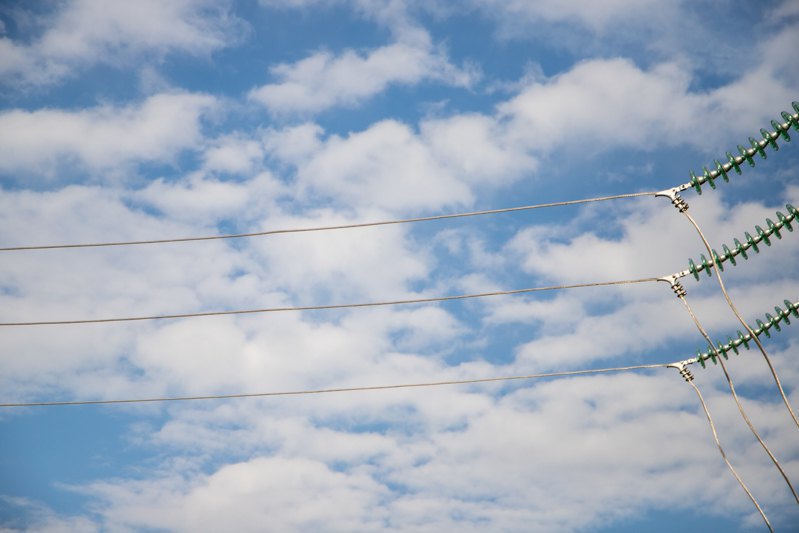
The Energy Research Centre is convinced that if the air temperature drops to around minus 8°C and lasts for several days, the use of blackout schedules for the population cannot be avoided. Is this true?
The only organisation that can model different situations is Ukrenergo. Because Ukrenergo has all the complete operational information. This is our job. There are a lot of forecasts and expert opinions. But they definitely do not provide any truth in the last instance. And at minus 7-8°C, the power system can be balanced, for example, by imports. Or if there is more thermal generation. In other words, it all depends very much on the specific conditions in the power system on a particular cold day.
So, there are often coincidences when we have a high accident rate at power plants, low temperatures, and on the same day, for some reason, there is no import. For example, because electricity is more expensive in Europe. And we have price lists there. Or importers, for whatever reason, do not buy electricity abroad. That's why we ask for emergency assistance. Therefore, there is no rule that there will definitely be blackouts at minus 8°C.
The government promises that if blackout schedules are used, they will be fair. How can this be ensured? For example, a large number of residential buildings are connected to the same line as critical infrastructure facilities.
In the summer, we travelled to almost all regions. We had meetings with each regional administration, regional power companies, operators of critical infrastructure and heat and water supply systems. Together we discussed scenarios in which there is shelling and we need to quickly restore power supply. And while we are repairing it, we will distribute this deficit capacity among consumers in the region. The problems of critical infrastructure can be solved to a large extent by diesel generators. If it is a sewage pumping station, for example. Or heat supply facilities. They have a consumption of 200 kW, such as a boiler house.
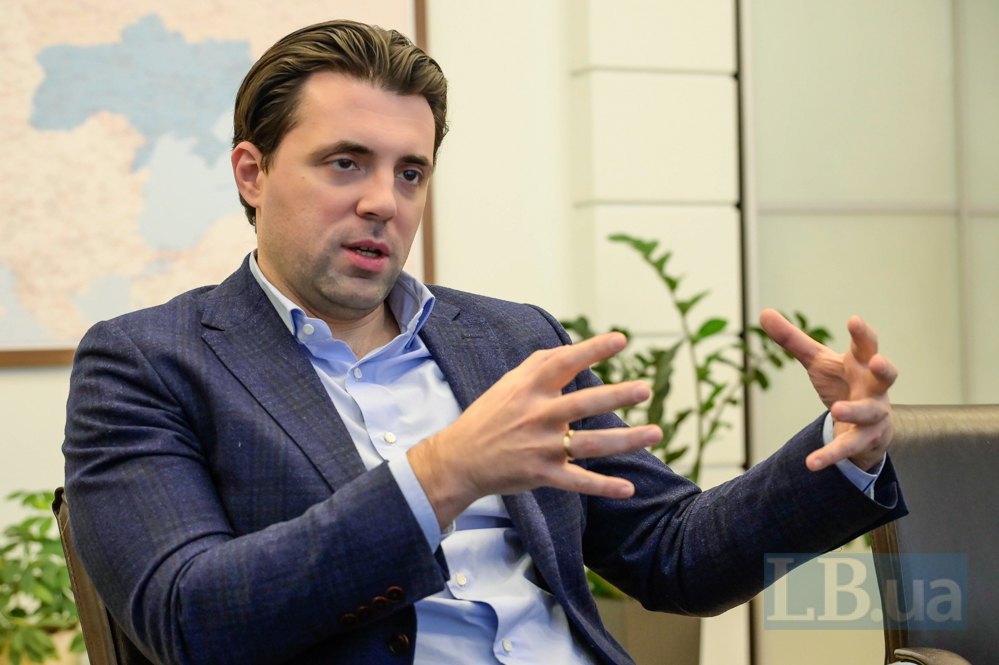
Last year's heating season and this year's are fundamentally different, a fundamentally different situation. Therefore, we have the technical ability to disconnect a non-critical consumer that is connected to critical infrastructure in many cases. Yes, it is certainly more expensive to power this critical infrastructure from a generator for several hours. But if we are talking about equality of schedules and fairness in the distribution of electricity among consumers, then this must be done. The other thing is that we work 24/7 to ensure that there are no outage schedules at all.
The Ukrainian grid has finally synchronised with the European grid. The final touch is that Ukrenergo has become a voting member of the European Network of Transmission System Operators for Electricity (ENTSO-E). How many votes does the company have?
There are two types of votes in ENTSO-E. The first is one vote from each of the European power system operators. The second type of vote is calculated from the number of consumers in each country. The Europeans have estimated that the transmission system operated by Ukrenergo serves about 41.4 million consumers. Therefore, we are the fourth in Europe. Only France, Italy and Spain are ahead. This means that Ukraine and Ukrenergo will be one of the major players in the organisation. ENTSO-E is an association that is geographically slightly larger than the EU. But I believe that there is a direct analogy between the synchronisation of power grids and the process of Ukraine's accession to the EU. We had several stages. We signed an agreement on the terms of synchronisation and received a catalogue of technical measures to be implemented: there were several dozen chapters and about 200 tasks. In essence, it was a catalogue of technical requirements that had to be fulfilled. So there are a lot of analogies, and it's really important that there is a ready-made recipe for how to complete such integration projects successfully.
How does synchronisation help us get through military winters?
We joined the European network on 16 March 2022. This synchronisation was emergency and temporary. In the event of some extreme events, we could have been disconnected from the European Union's power grid. Now it is virtually impossible - the synchronisation process has been completed. How has this helped us? It has radically changed the situation with our energy security.

I can tell you that our chances of surviving last winter would have been many times less if we had not joined the EU. There are almost no energy systems in Europe that can balance themselves in isolation, without the support of neighbouring countries. And this is without shelling. Before joining the EU, Ukraine operated in isolation for three weeks during a full-scale war. You have 100 missiles being fired at various energy facilities. You are not connected to the larger system, you cannot take support from it. But we survived. The first thing the Russians tried to do with their attacks was to disconnect us from the EU energy system.
This is a unique experience. Aren't you afraid that your employees will be lured away by foreign companies after the victory?
This is already happening. We came to one of the countries where we had to dismantle a large autotransformer and bring it to Ukraine. We had to include it in a very important line between Ukraine and Poland. Several dozen of our employees went there. They did a great job. And they did it very quickly. And all these employees immediately received job offers from a local company. And they all returned home.
After the final synchronisation of the grids, we will be able to import 500 MW more electricity starting in December. Firstly, how big are these volumes in the context of the shortages that occur from time to time? Secondly, why is there no talk of increasing exports?
We said that in winter it is more important for us to have a higher import limit. Accordingly, our European partners have been working on this. Now they are moving on to calculating possible exports and increasing their potential. It is mainly limited, if at all, by some of our neighbours. Their internal power lines and auto-transformers may be overloaded. For the time being, we will look at how we will solve these technical problems in about a month and a half to two months.
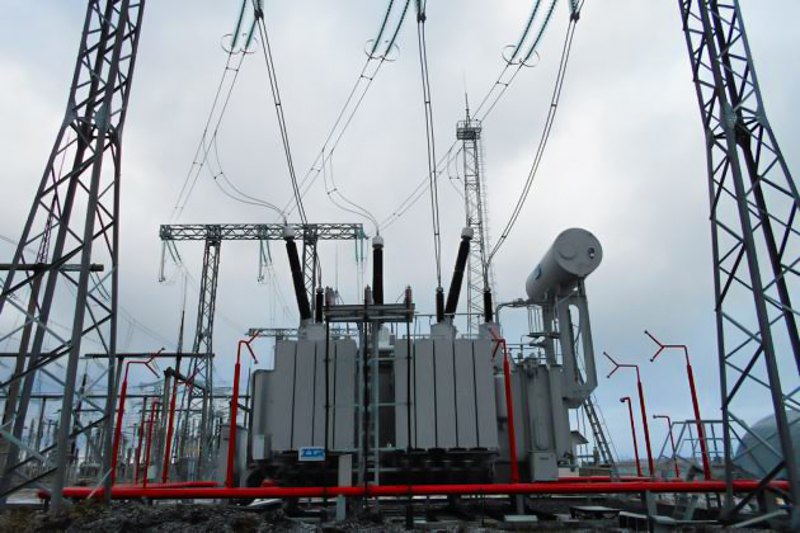
Russian power engineers are helping their military to correct strikes on the Ukrainian energy sector. In fact, by 2022, our grid was connected to the Russian grid. And a counter-question: do our power engineers have data on the Russia's weak points?
Let the Russians have no doubt: we know the weaknesses of their power system. With our experience in countering missile attacks and our experience in restoring them, we can assess their weaknesses much more accurately and realistically. Basically, the power system is a civilian infrastructure, it is not classified in any country. Therefore, just as they know a lot about us, we know a lot about them.









